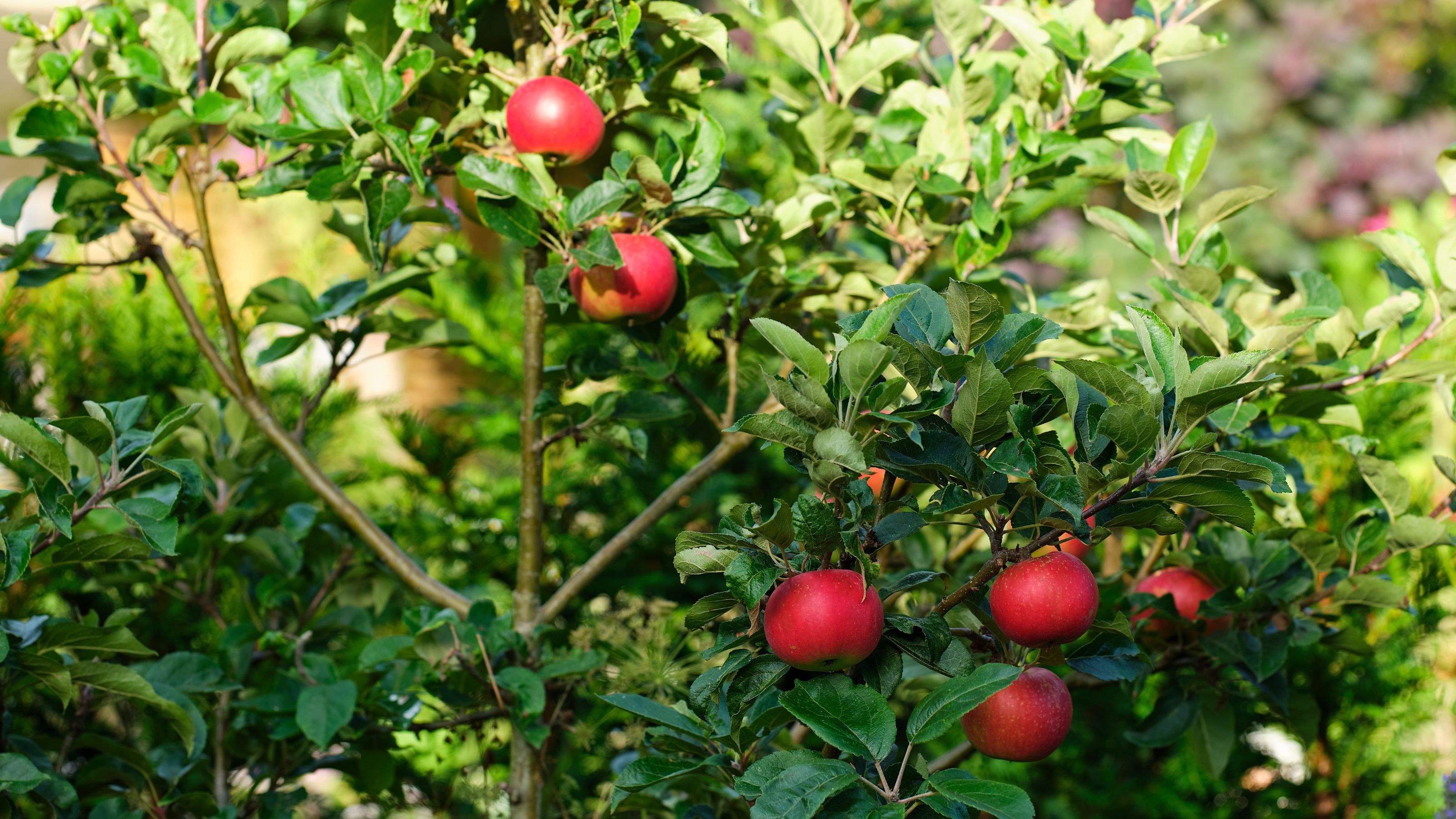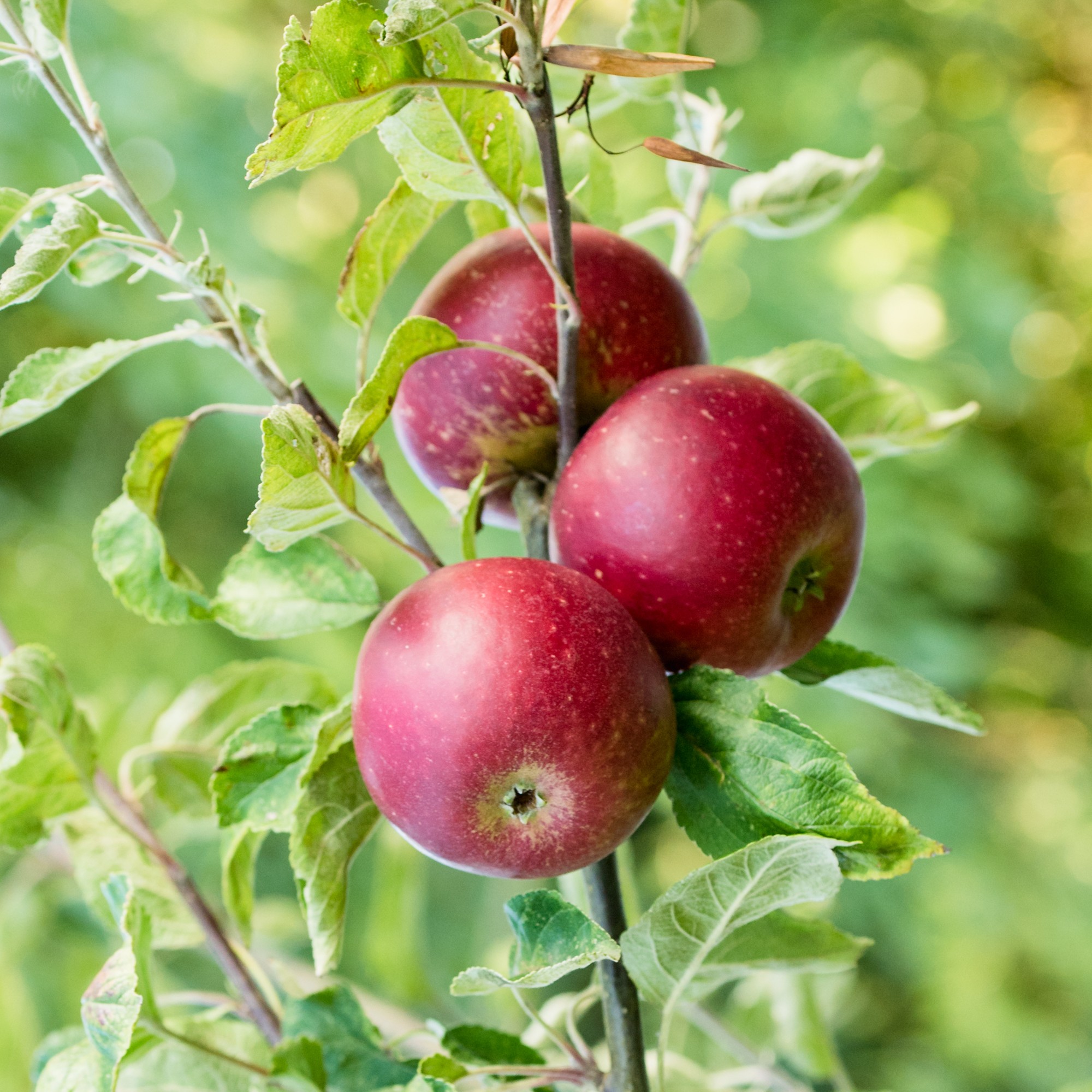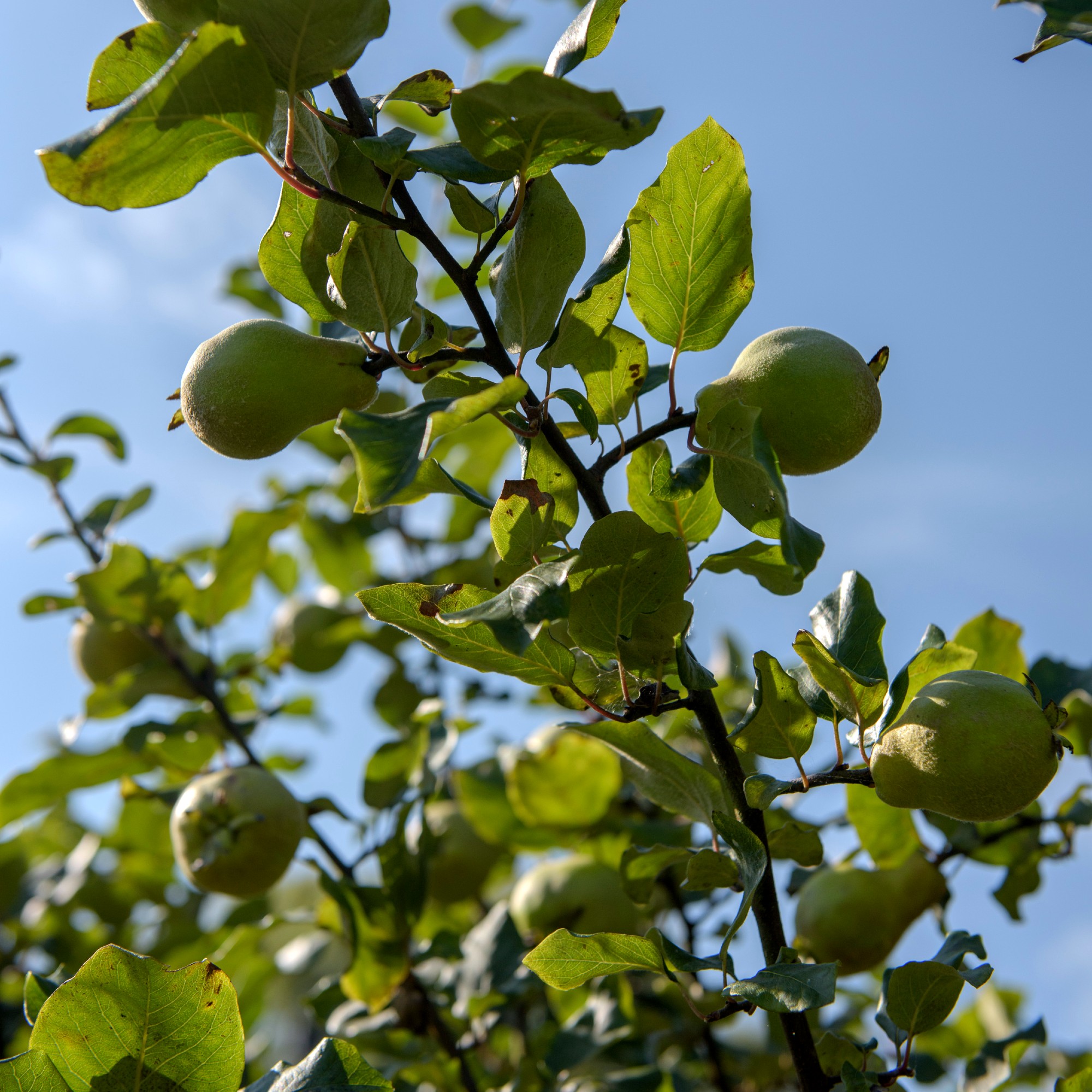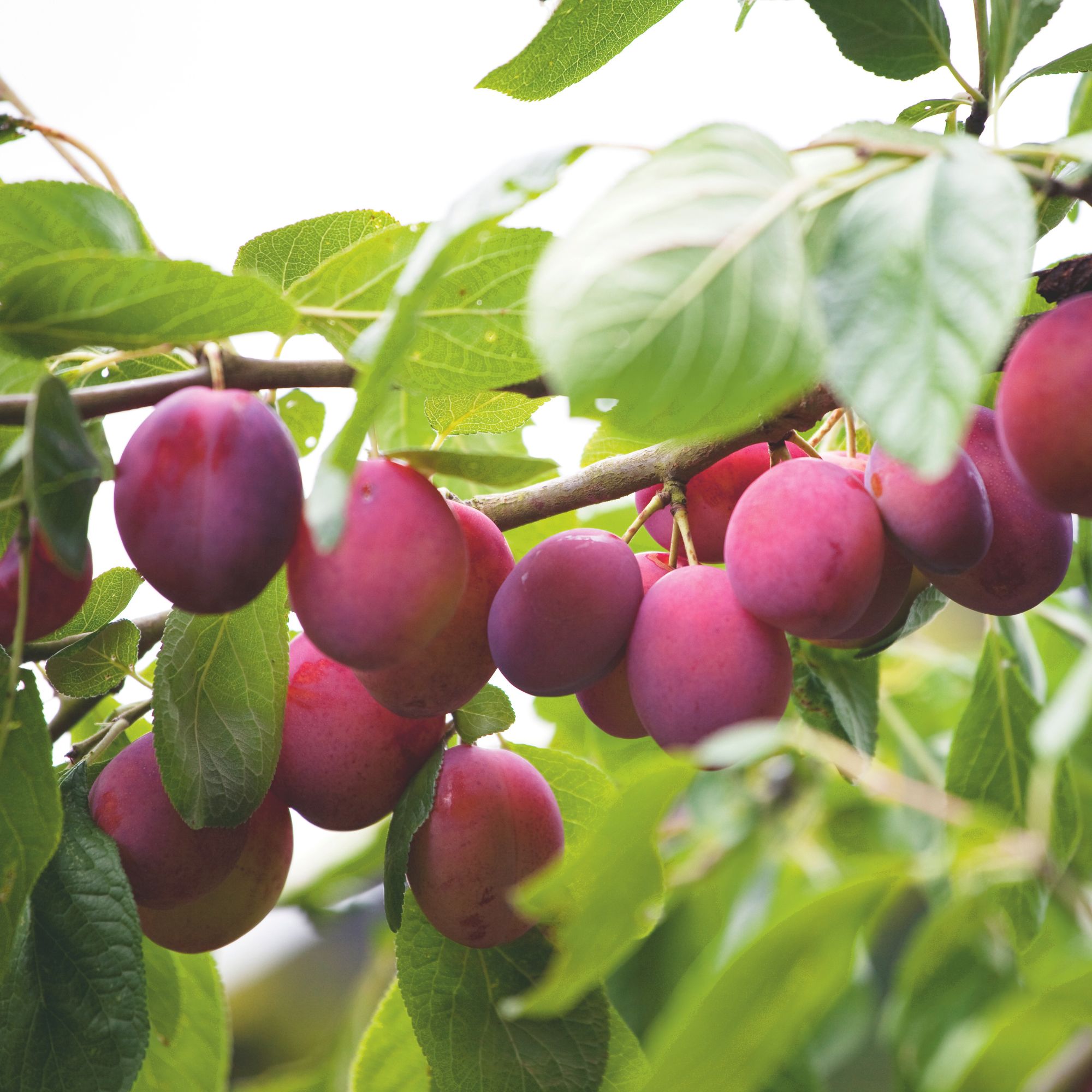Neighbour’s fruit falling into your garden? Here’s why you shouldn’t eat it
You'll need to ask for permission first...


Sign up to our newsletter for style inspiration, real homes, project and garden advice and shopping know-how
You are now subscribed
Your newsletter sign-up was successful
If your neighbour has a fruit tree and the windfall is landing in your garden, it can be tempting to collect them for your own fruit bowl – but you shouldn’t.
It’s one thing when a neighbour doesn't pick up fruit tree windfall in their own garden, but when it falls over the fence, you have two choices: leave it to rot and attract pests, or make the most of the harvest yourself.
According to legal experts, though, you shouldn’t eat your neighbour’s fruit – and you could be breaking the law if you do. Here's what you need to know.

So, can you eat your neighbour’s fruit if it falls into your garden?
‘No – not without permission,’ warns Sarah Dodd, legal tree expert and founder of Tree Law. ‘Even though the fruit has landed in your garden, the law still considers it your neighbour’s property. Picking it up and eating it could be classed as conversion (a civil offence) and in some cases, even theft.’
It all comes down to the official owner of the fruit – and if the tree is in your neighbour’s garden, the owner is them.
‘It might feel harmless, but the legal view is clear: the fruit belongs to the tree owner, no matter where it lands,’ says Sarah.
Sign up to our newsletter for style inspiration, real homes, project and garden advice and shopping know-how

Of course, fruit on the ground is a feast for pests – and it’s bad enough finding rats in a compost bin, let alone spotting them run rampant around your garden.
What should you do with the windfall if it lands in your garden, then?
‘You must leave the windfalls for your neighbour to collect or return the windfalls to the neighbour if you do not want to leave them on your property,’ says Andrew Boast, director at SAM Conveyancing.
Or, you could just ask your neighbour if you can keep the fruits.
‘In this case, most neighbours will agree for you to have the fruit that falls on your side of the boundary,’ says Andrew.

If you’d rather stop the fruits falling into your garden altogether, it’s worth addressing the cause directly – and usually, that means cutting your neighbour’s tree.
‘It usually means branches are overhanging your boundary,’ says Sarah from Tree Law. ‘You do have a legal right to cut these back to the boundary line – but no further. And the branches (and any fruit on them) still belong to your neighbour, so you should offer them back.
‘It’s worth getting arboricultural advice first, as cutting in a way that harms the tree could land you in trouble.’
Fancy growing your own fruit? Here are the best places to buy fruit trees
- Thompson & Morgan: A huge selection of fruit trees to choose from.
- Crocus: A vibrant range of cherry trees, fig trees, plum trees and more.
- Gardening Express: Get started with this Dwarf Patio Pillar Fruit Trees Mini Orchard Collection.
So, that leaves us with three options: return the fruit to your neighbour, have a friendly conversation about keeping or disposing of the fruit, or carefully cut back the branches to keep windfall out of your space. Just don’t touch it without asking!

Sophie joined the Ideal Home team as Gardens Editor in June 2024. After studying English at Royal Holloway, University of London, she began writing for Grow Your Own, which spurred on her love of gardening. She's tried growing almost every vegetable under the sun, and has a soft spot for roses and dinnerplate dahlias.
As Gardens Editor, Sophie's always on the lookout for the latest garden trend. She loves sharing growing hacks for every space, from herbaceous borders to balconies.